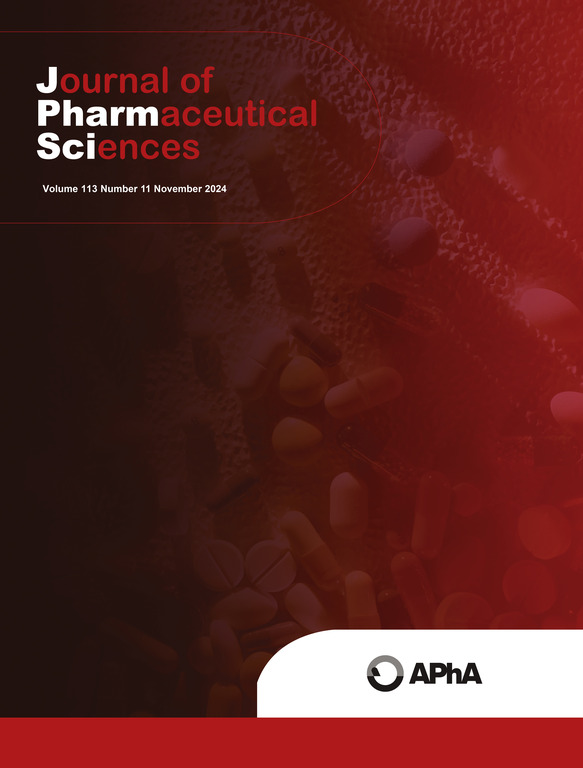高度可变的聚集和糖基化特征及其在蛋白质治疗免疫原性中的作用。
IF 3.7
3区 医学
Q2 CHEMISTRY, MEDICINAL
引用次数: 0
摘要
受体免疫系统产生的针对蛋白质疗法的抗体(例如单克隆抗体(mab))可能是良性症状,也可能是化合物的慢性中和,在极少数情况下,会产生致命的细胞因子风暴。一个可以诱导或促成抗药物抗体(ADA)反应的关键因素被认为是蛋白质治疗中聚集蛋白的存在。不同蛋白质的聚集具有高度的可变性,这增加了理解对这些药物的免疫反应的复杂性。此外,增加药物稳定性、功能和血清半衰期的蛋白质糖基化水平是高度可变的,并可能影响它们的免疫原性。考虑到大量关于聚集和糖基化对蛋白基治疗药物免疫原性影响的文献,本文旨在总结目前的知识,阐明不同蛋白基治疗药物(如单克隆抗体)的免疫原性作用。本文综述了聚集蛋白的性质及其与免疫原性的关系。综述了不同免疫细胞亚群在聚集诱导免疫原性中的作用及其机制。最后,讨论了每种聚糖(如唾液酸、甘露糖和focus)对基于蛋白质的疗法的免疫原性和稳定性的潜在影响。本文章由计算机程序翻译,如有差异,请以英文原文为准。
Highly variable aggregation and glycosylation profiles and their roles in immunogenicity to protein-based therapeutics
Production of antibodies against protein-based therapeutics (e.g., monoclonal antibodies (mAbs)) by a recipient's immune system can vary from benign symptoms to chronic neutralization of the compound, and in rare cases, a lethal cytokine storm. One critical factor that can induce or contribute to an anti-drug antibody (ADA) response is believed to be the presence of aggregated proteins in protein-based therapeutics. There is a high level of variability in the aggregation of different proteins, which adds to the complexity in understanding the immune response to these drugs. Furthermore, the level of glycosylation of proteins, which increases drug stability, functionality, and serum half-life, is highly variable and may influence their immunogenicity. Considering the abundance of literature on the effect of aggregation and glycosylation on the immunogenicity of protein-based therapeutics, this review aims to summarize the current knowledge and clarify the immunogenic effects of different protein-based therapeutics such as mAbs. This review focuses on the properties of aggregated proteins and elucidates their relationship with immunogenicity. The contribution of different immune cell subsets and the mechanisms in aggregation-induced immunogenicity are also reviewed. Finally, the potential effects of each glycan, such as sialic acid, mannose, and fucose, on protein-based therapeutics’ immunogenicity and stability is discussed.
求助全文
通过发布文献求助,成功后即可免费获取论文全文。
去求助
来源期刊
CiteScore
7.30
自引率
13.20%
发文量
367
审稿时长
33 days
期刊介绍:
The Journal of Pharmaceutical Sciences will publish original research papers, original research notes, invited topical reviews (including Minireviews), and editorial commentary and news. The area of focus shall be concepts in basic pharmaceutical science and such topics as chemical processing of pharmaceuticals, including crystallization, lyophilization, chemical stability of drugs, pharmacokinetics, biopharmaceutics, pharmacodynamics, pro-drug developments, metabolic disposition of bioactive agents, dosage form design, protein-peptide chemistry and biotechnology specifically as these relate to pharmaceutical technology, and targeted drug delivery.

 求助内容:
求助内容: 应助结果提醒方式:
应助结果提醒方式:


